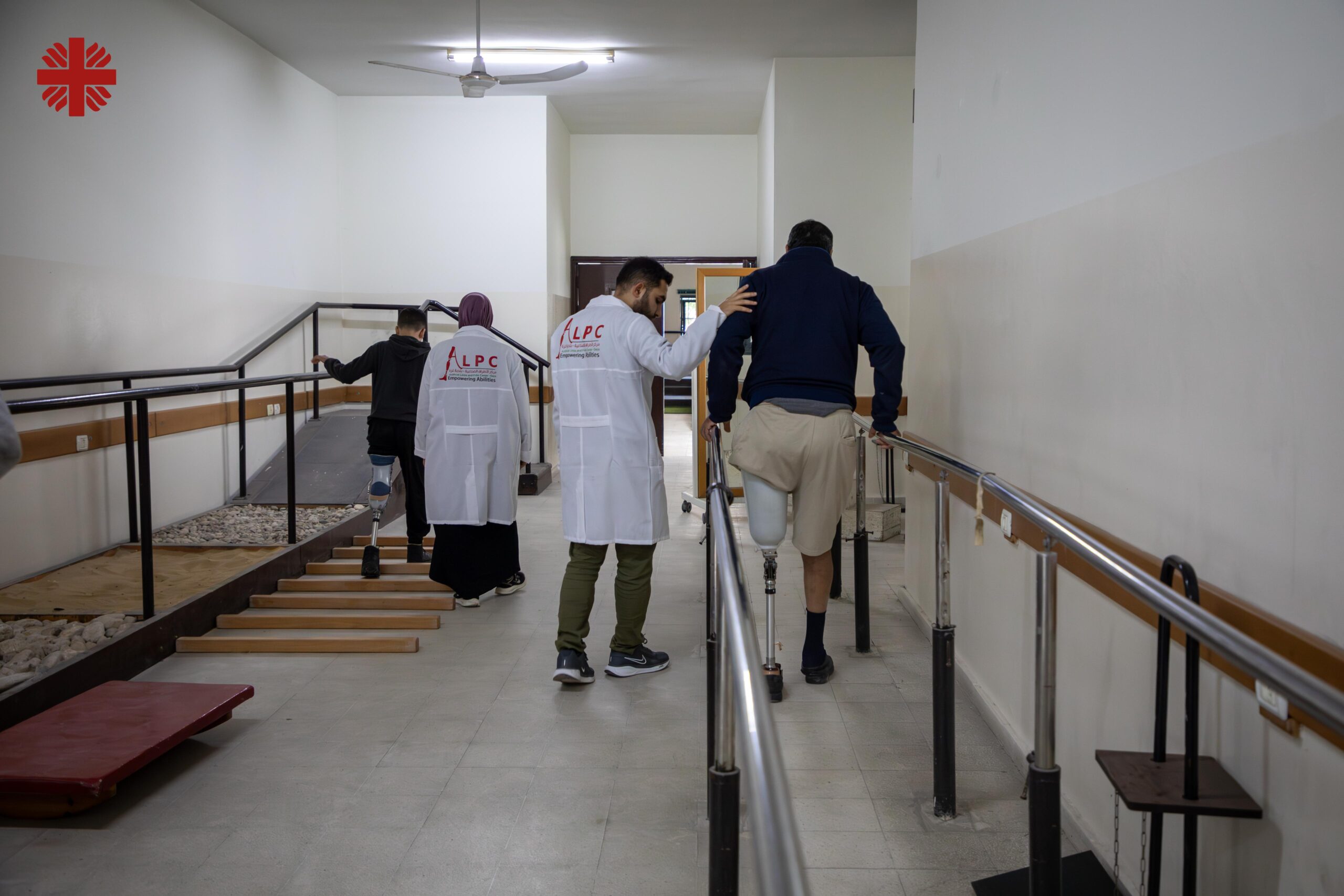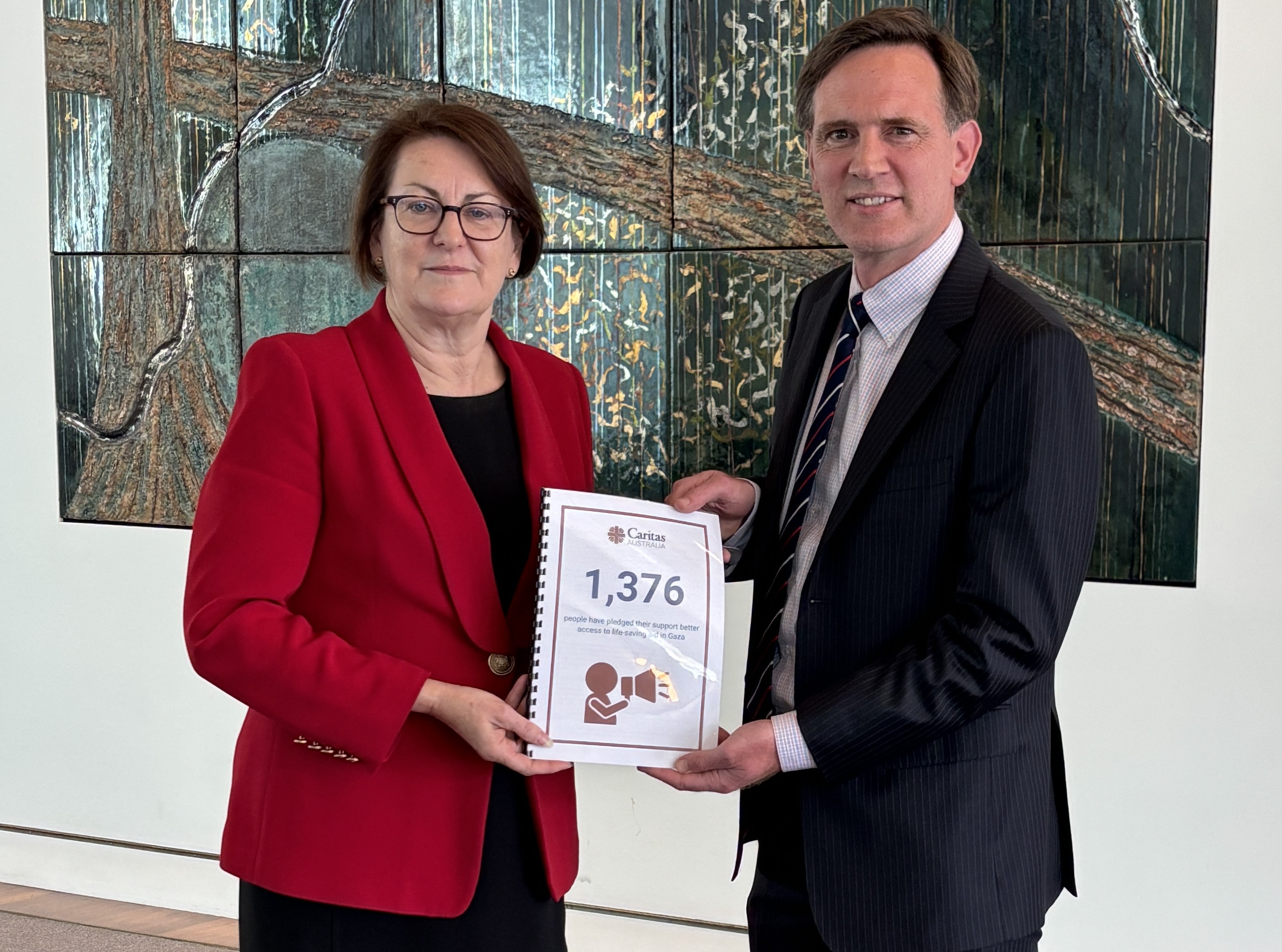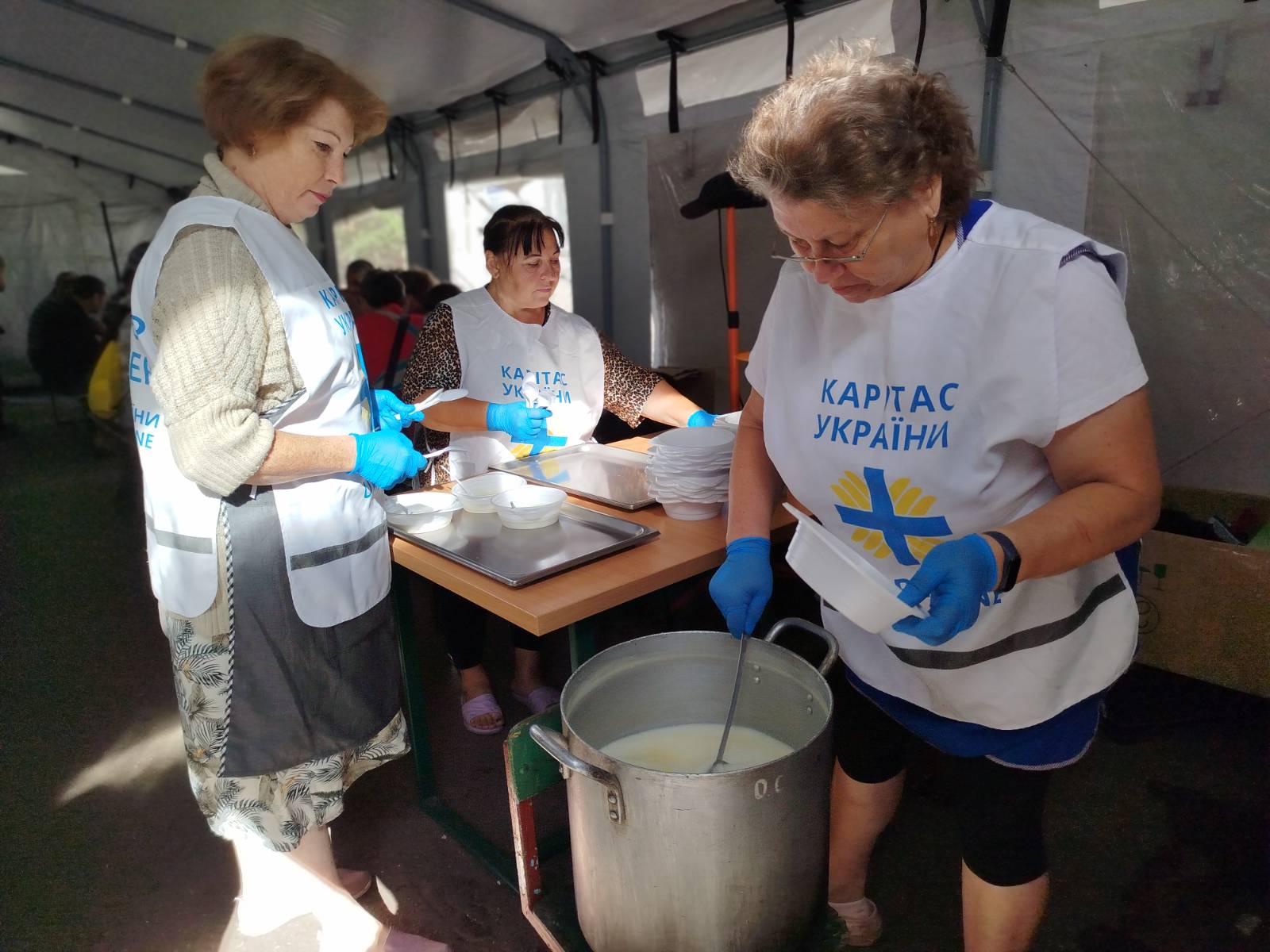Following months of deliberation, the US government has formally declared its belief that the Sudanese Rapid Support Forces (RSF) are committing genocide.
A brutal civil war broke out in April 2023 between the RSF and the Sudan Armed Forces (SAF), resulting in the world's largest ongoing displacement and hunger crises.
Sudan now hosts approximately 11 million internally displaced persons with close to 2.5m people seeking refuge in neighbouring countries such as Chad. Over half of these displaced people are under the age of 18.
Caritas partners have been working in North Darfur, Gedaref, and the White Nile State, since the outbreak of war. These partners are providing protection services for those in need, as well as water, sanitation and health services, and multi-purpose cash assistance, which helps those fleeing with nothing purchase essentials.
Major challenges in delivering these projects include required relocations due to military action which has interrupted water projects, as well as shortages of cash in Sudanese banks for cash assistance, and shortages of goods in market to support the material needs of projects.
A cholera outbreak in the country has posed fresh challenges, with over 5,000 cases in the White Nile project areas alone.
A report from program partners in the region stated that “The combination of cholera and hunger is becoming disastrous as hunger is greatly impacting the immunity of displaced people”.
Sally Thomas, Humanitarian Manager at Caritas Australia said, “The sheer scale of the suffering in Sudan is unimaginable. The number of displaced people is about half the population of Australia, with children making up the majority.”
“The food crisis is severe, with all displaced people experiencing a minimum phase 3 food crisis where malnutrition becomes an issue. 3.6m people are in phase 4 where malnutrition becomes acute. 755,000 are in phase 5 which is a famine, meaning people begin to starve to death.”
“We are incredibly proud of our partners who continue, under extremely challenging conditions, to provide sanitation services that help prevent the spread of disease, while assisting vulnerable people with protection services and the means to procure lifesaving necessities.”

















